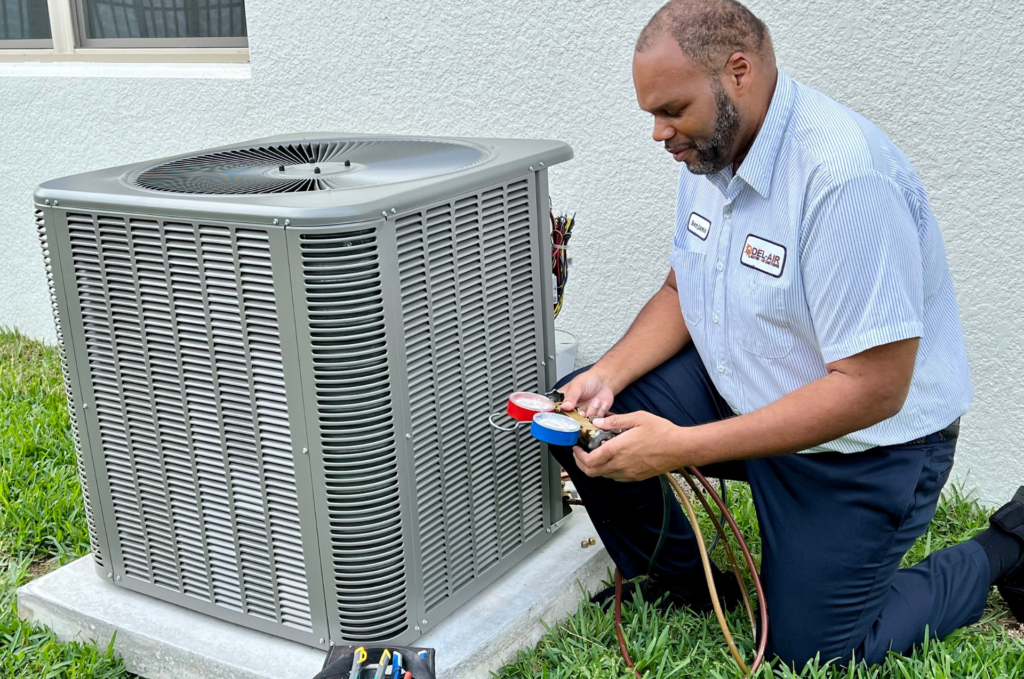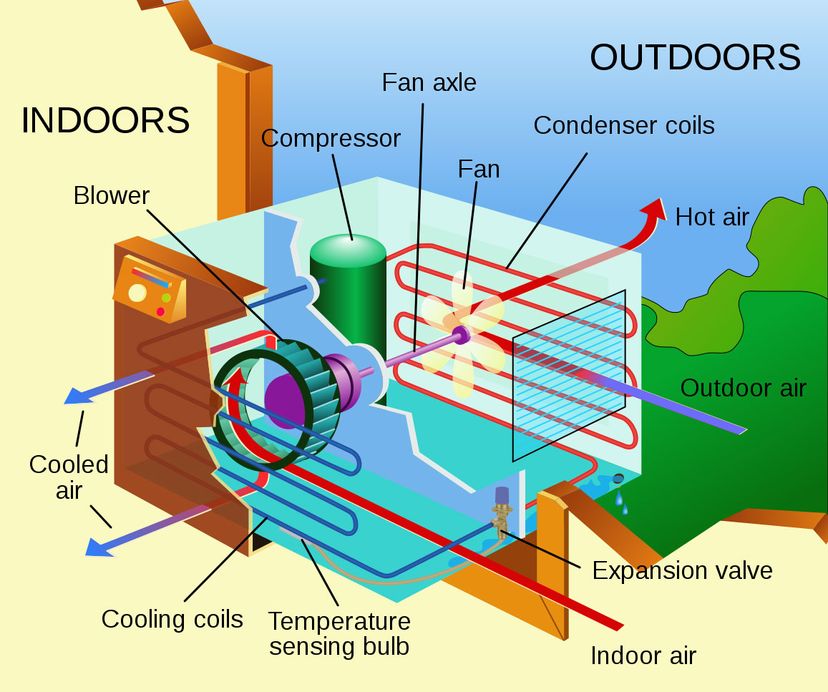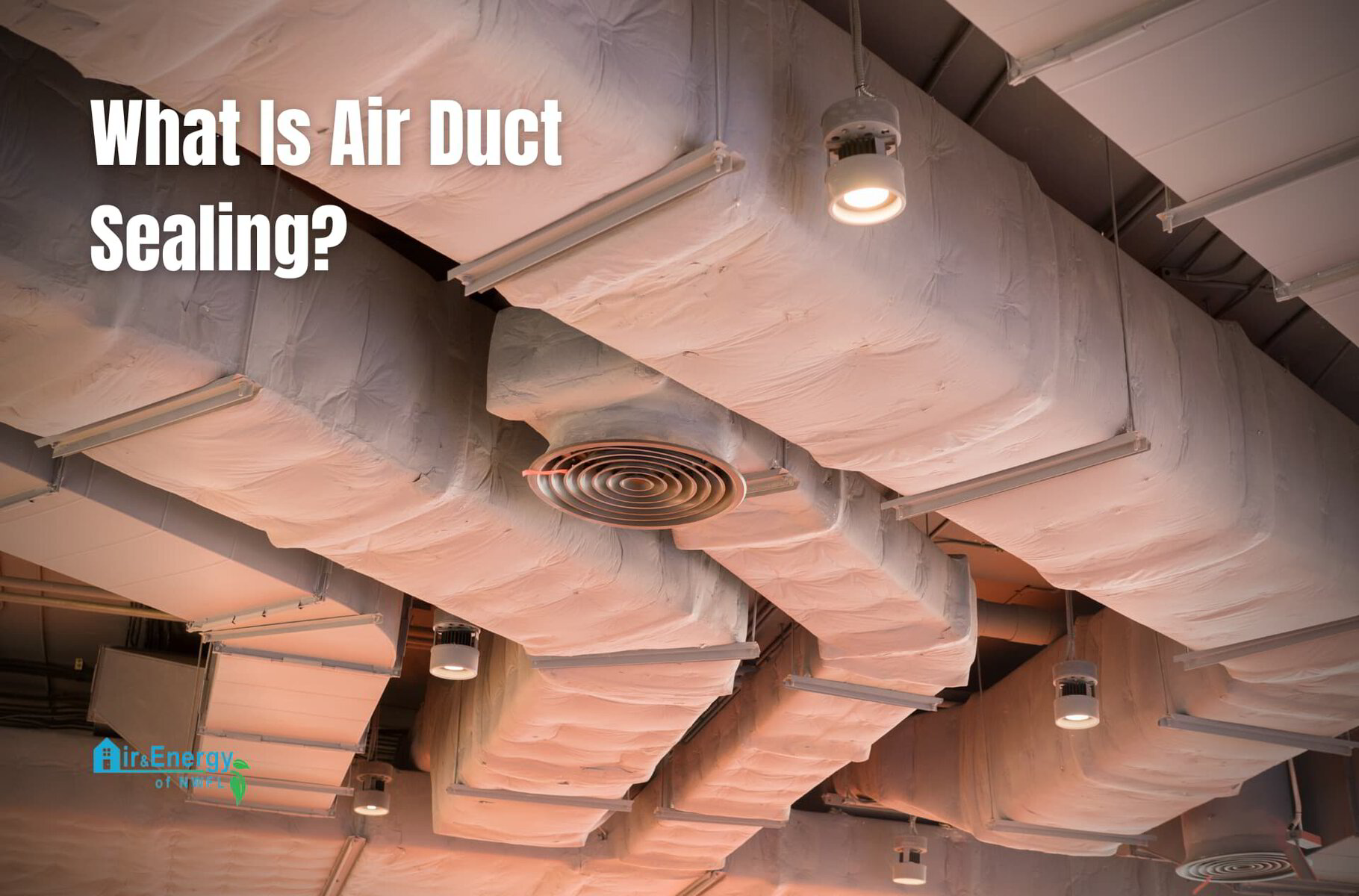Imagine this scenario: it’s the hottest day of the year, and you’re desperately seeking relief from the oppressive heat. You turn on your trusty AC unit, but something seems off. The air feels stagnant, and the room remains uncomfortably warm. You may ask yourself, “What could be causing this?” Well, my friend, one possible culprit could be a blocked air intake area in your AC unit. In this article, we will explore the consequences of such a blockage and shed light on why it’s essential to keep your air intake area clear. So, let’s get down to business and uncover what happens when the air intake area of an AC unit is blocked.

Effects of Blocking the Air Intake Area of an AC Unit
When the air intake area of an AC unit is blocked, it can lead to several undesirable consequences. These effects range from increased energy consumption and reduced cooling performance to higher humidity levels, the risk of freezing, and potential damage to the air conditioning system itself. It is important to understand these effects in order to maintain the optimal functioning of your AC unit and ensure a comfortable indoor environment.
Increased Energy Consumption
One of the major consequences of blocking the air intake area of an AC unit is increased energy consumption. When the airflow is restricted, the system has to work harder to draw in the required amount of air, resulting in a strain on the compressor. This increased strain leads to higher electricity bills as the AC unit consumes more energy to compensate for the blockage. Moreover, the overall lifespan of the AC unit may be reduced due to the extra stress placed on its components.
Reduced Cooling Performance
Blocking the air intake area of an AC unit also leads to a significant decrease in cooling performance. When the airflow is restricted, there is insufficient circulation of air throughout the room, resulting in inadequate heat exchange. As a result, the cooling efficiency of the AC unit is compromised, and it struggles to maintain the desired temperature. This can lead to uneven cooling, where certain areas of the room remain warmer than others, causing discomfort and inconvenience.
Higher Humidity Levels
Blocked air intake areas can also contribute to higher humidity levels indoors. When the airflow is hindered, moisture buildup occurs as the AC unit is unable to effectively dehumidify the air. This increased moisture in the room can make it feel muggy and uncomfortable. Additionally, high humidity levels create a conducive environment for the growth of mold and mildew, which can have detrimental effects on both your health and the integrity of your property.
Risk of Freezing
Another consequence of blocking the air intake area is the risk of freezing. When the airflow is limited, the evaporator coil inside the AC unit can become excessively cold, causing the moisture in the air to freeze and form ice on the coil. This ice buildup further restricts airflow, exacerbating the problem. In addition to reduced cooling performance, the risk of freezing can damage the internal components of the AC unit and lead to costly repairs.
Air Conditioning System Damage
Perhaps the most significant effect of blocking the air intake area is the potential damage it can cause to the entire air conditioning system. When the airflow is restricted, the compressor is forced to work harder, increasing the risk of burnout. Additionally, clogged filters due to the blockage can result in poor air quality and decreased system efficiency. The formation of ice on the coils can also lead to damage and malfunctioning of various components. All these issues can result in expensive repairs or even the need for a complete replacement of the AC unit.
Signs of a Blocked Air Intake Area
It is crucial to be aware of the signs that indicate a blocked air intake area in your AC unit. Recognizing these signs early can help you take prompt action and prevent further damage. Some common indicators of a blockage include:
Insufficient Airflow
One of the first signs you may notice is a significant reduction in airflow from the AC vents. If the air feels weak or there is a noticeable decrease in the amount of air being circulated, it is likely that the air intake area is blocked.
Warm Air Instead of Cool Air
Another telltale sign is if you are receiving warm air instead of the cool air you expect. When the airflow is restricted, the AC unit is unable to effectively cool the air, resulting in warm air being blown into the room.
Unusual Odors
Blocked air intake areas can also lead to the circulation of stale or unpleasant odors. If you detect strange smells when your AC is turned on, it could be an indication of a blockage that needs to be addressed.
Leaking Water
An accumulation of water around the AC unit or water dripping from the vents can be a sign of a blocked air intake area. When the internal components are unable to rid themselves of excess moisture, it can result in water leakage.
Preventing and Resolving Air Intake Blockages
To maintain an unobstructed air intake area and prevent the aforementioned issues, there are several preventive measures and solutions that can be implemented:
Regular Maintenance and Cleaning
Regularly scheduled maintenance and cleaning of your AC unit is essential to keep the air intake area clear. This involves cleaning or replacing air filters, removing any debris or blockage near the air intake vents, and ensuring that all components are functioning properly. It is recommended to have your AC unit professionally serviced at least once a year.
Keeping the Surrounding Area Clear
To avoid potential blockages, it is important to keep the surrounding area of your AC unit clear. Remove any obstacles, such as plants, furniture, or other objects that may obstruct the airflow. Additionally, ensure that there is adequate space around the unit for proper ventilation and optimal performance.
Using Proper Air Filters
Using the correct type and size of air filters is essential for maintaining an unobstructed air intake area. Replace disposable filters regularly according to the manufacturer’s guidelines, and clean reusable filters as recommended. This will not only improve airflow but also enhance the quality of the circulated air.
Seeking Professional Assistance
If you suspect or encounter a blocked air intake area in your AC unit, it is advisable to seek professional assistance. HVAC (Heating, Ventilation, and Air Conditioning) professionals have the expertise to identify and resolve blockages effectively. They can also provide guidance on proper maintenance practices to prevent future blockages and ensure optimal performance of your AC unit.

Conclusion
Blocking the air intake area of an AC unit can have a detrimental impact on its performance, energy consumption, and overall lifespan. Understanding the effects of air intake blockages, such as increased energy consumption, reduced cooling performance, higher humidity levels, the risk of freezing, and potential system damage, is crucial for maintaining a comfortable indoor environment. By recognizing signs of a blocked air intake area, implementing preventive measures, and seeking professional assistance when needed, you can ensure the proper functioning and longevity of your AC unit. Remember, a well-maintained and unobstructed air intake area is key to enjoying the benefits of effective and efficient air conditioning.







